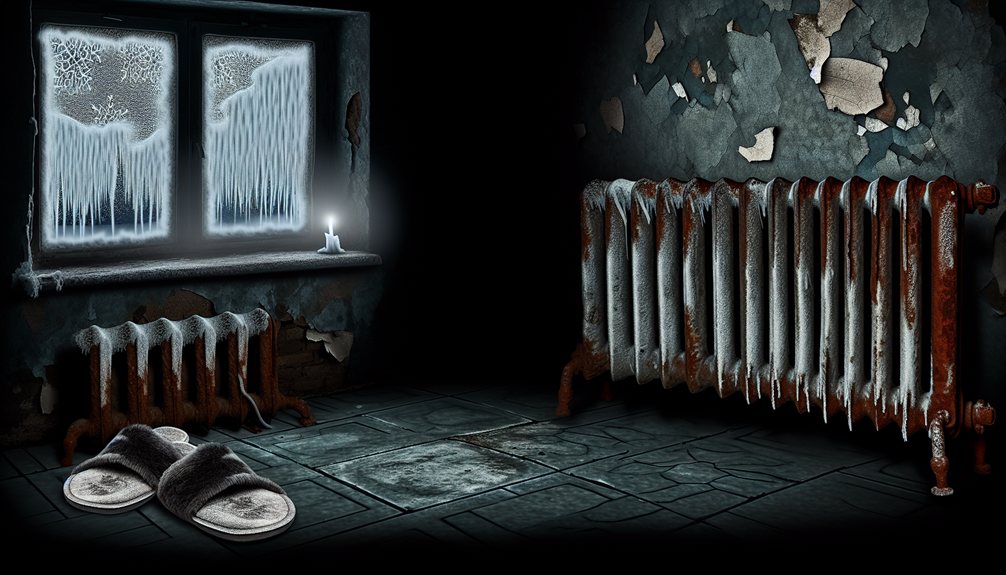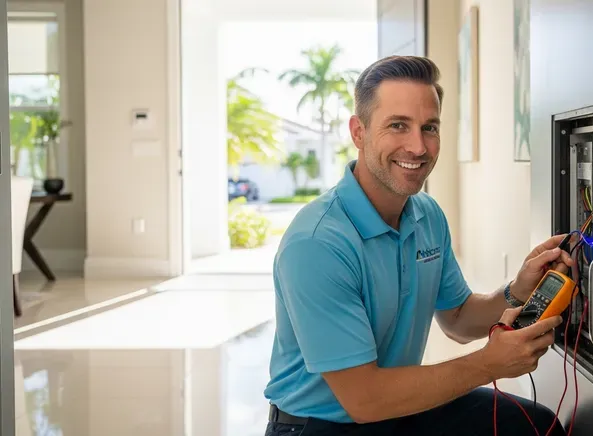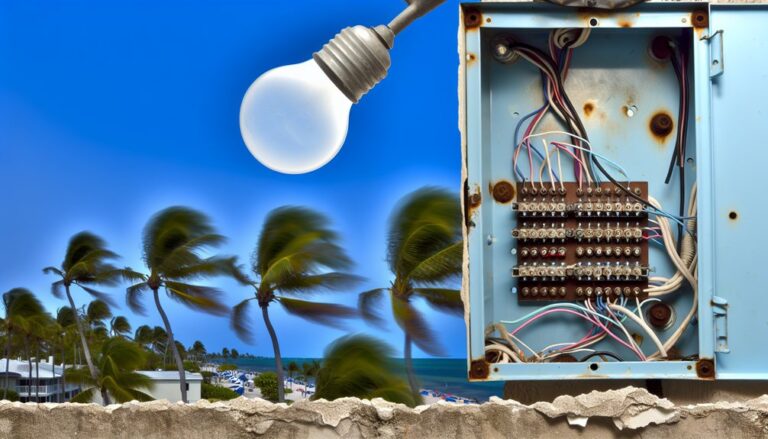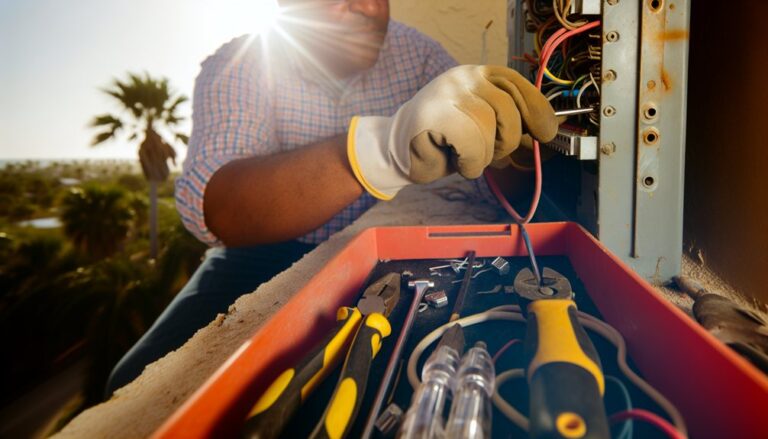Problems With Inefficient Heating Systems
Inefficient heating systems can escalate energy costs and disrupt comfort due to various issues. If your system’s improperly sized, it might overheat or struggle to maintain temperatures. Regular maintenance is essential; neglected filters can restrict airflow, putting extra strain on your system. Outdated equipment often operates at lower efficiency, further increasing expenses. Additionally, poor insulation and air leaks force the system to work harder. Understanding these factors can help you identify and address the root problems effectively.
Key Takeaways
- Improper sizing of heating systems can lead to overheating or insufficient heating, causing inefficiencies and increased energy costs.
- Lack of regular maintenance results in neglected filters and strain on the system, escalating energy consumption and repair needs.
- Outdated technology and equipment operate at lower efficiency, driving up energy bills and leading to inconsistent temperatures.
- Poor insulation and air leaks compromise energy efficiency, forcing heating systems to work harder and increasing energy use.
- Inefficient thermostat usage, including improper settings and placement, contributes to unnecessary heating and higher energy expenditures.
Improper Sizing of Heating Systems
When heating systems are improperly sized, they can lead to significant inefficiencies and increased energy costs.
If your heating system’s capacity doesn’t match your space, you might experience overheating issues. An oversized unit heats the area too quickly, causing it to cycle on and off frequently. This short-cycling not only leads to uncomfortable temperature fluctuations but also results in energy waste, as the system consumes more fuel or electricity than necessary.
Conversely, an undersized system struggles to maintain desired temperatures, running longer and escalating energy expenses.
Both scenarios highlight the importance of accurate sizing. To optimize performance and reduce costs, verify your heating system is carefully sized to meet your specific heating requirements, minimizing both overheating issues and energy waste.
Lack of Regular Maintenance
Although regular maintenance might seem like a minor detail, neglecting it can lead to significant inefficiencies in heating systems.
When you skip routine inspections, you’re likely to encounter issues with neglected filters, which can restrict airflow and force your system to work harder. This added strain not only increases energy consumption but can also lead to premature wear and tear on critical components.
Additionally, without regular checks, small problems can escalate into major repairs, further complicating your heating efficiency.
Investing time in maintenance guarantees that filters are clean, system components are functioning at their best, and potential issues are identified early.
Ultimately, regular upkeep is essential for maintaining an efficient heating system and prolonging its lifespan.
Outdated Technology and Equipment
As heating technology evolves, relying on outdated systems and equipment can severely undermine efficiency and performance. Obsolete equipment often lacks the advanced features available in modern units, leading to increased energy waste.
For instance, older boilers and furnaces typically operate at lower efficiency ratings, meaning they consume more fuel to produce the same amount of heat. This inefficiency not only drives up your energy bills but also contributes to a larger carbon footprint.
Additionally, outdated systems may struggle to maintain consistent temperatures, further exacerbating energy waste. Upgrading to newer technology can greatly enhance system performance, reduce operational costs, and improve comfort levels in your space.
As a result, investing in modern heating solutions is essential for maximizing efficiency.
Poor Insulation and Air Leaks
Inefficient heating systems often stem from poor insulation and air leaks, which allow heat to escape and cold air to enter your living space.
Drafty windows are a common culprit, as they create significant thermal bridges that compromise your home’s energy efficiency. These gaps not only let conditioned air escape but also invite unconditioned air in, forcing your heating system to work harder.
This leads to increased energy consumption and higher utility bills. To combat these issues, you should conduct a thorough inspection to identify and seal air leaks.
Consider upgrading window seals and adding insulation in critical areas to minimize thermal bridging. By addressing these insulation problems, you can enhance your heating system’s performance and comfort in your home.
Inefficient Thermostat Usage
When homeowners fail to optimize thermostat settings, they inadvertently contribute to inefficient heating, causing discomfort and unnecessary energy expenditure.
Utilizing smart thermostats can greatly improve energy efficiency by adapting to your lifestyle and preferences. By programming temperature settings to align with your daily schedule, you can reduce heating during unoccupied hours. Regularly adjusting your thermostat by just a few degrees can also lead to substantial savings.
Many smart thermostats feature learning algorithms that analyze your habits, automatically adjusting to maintain comfort without wasting energy. Additionally, avoid placing thermostats near heat sources or in drafty areas, as this can skew temperature readings and lead to inefficient operation.
Properly managing your thermostat is essential for maximizing your heating system’s performance.
About Us
We understand that electrical issues can be stressful and overwhelming. That’s why we are here to lend a helping hand and provide you with the best electrical services in town. As a team of experienced electricians, we take pride in our ability to solve any electrical problem with precision and care.
Pages
Follow us
© 2026 By Electrician Fort Lauderdale Today







